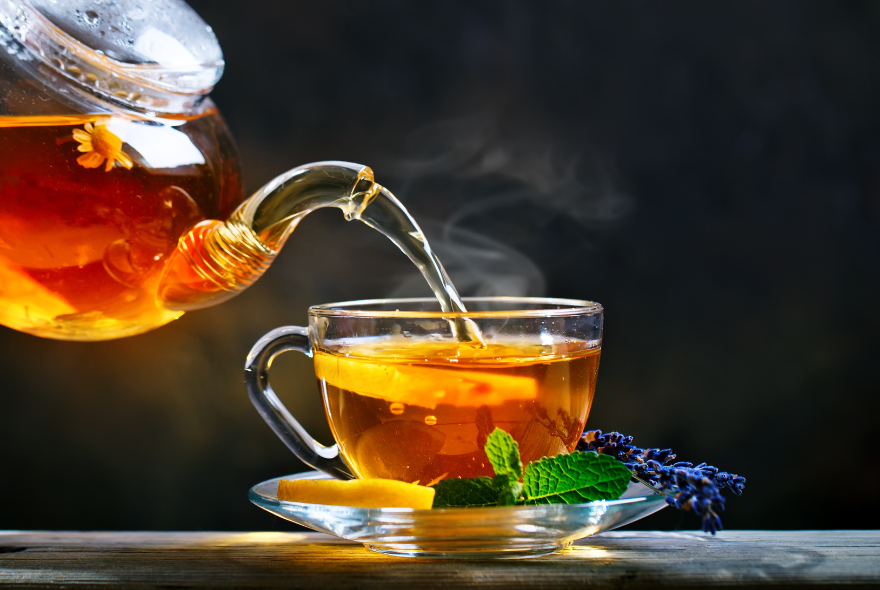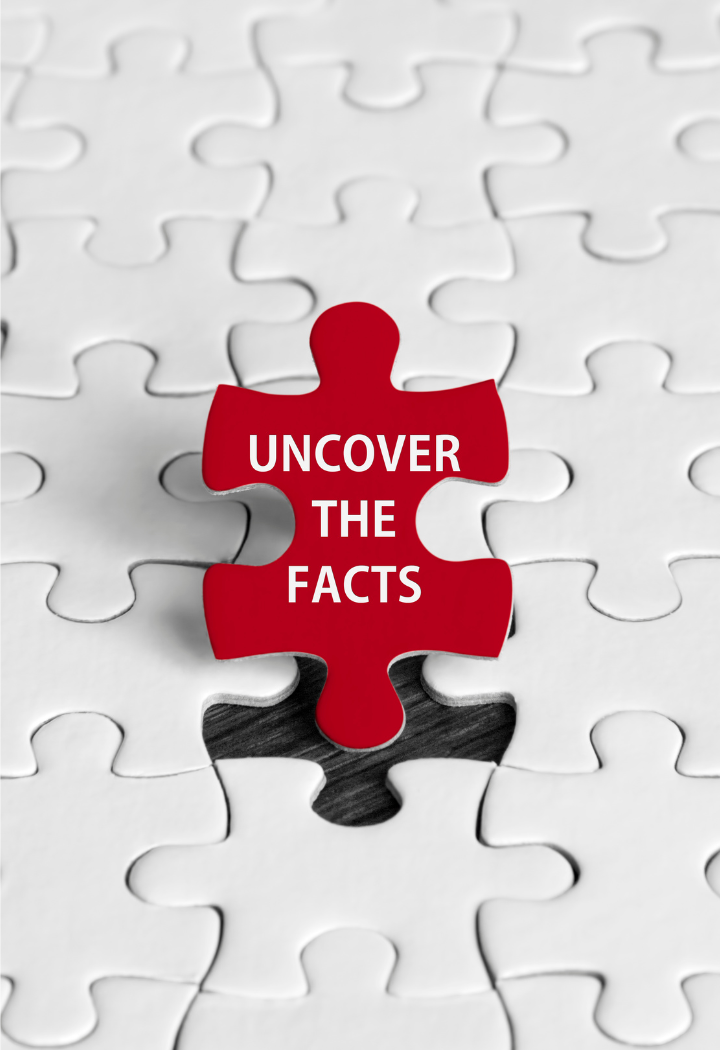Can Tea Have Caffeine? 10 Facts About Tea - Dossaps
The answer may surprise you. While most people believe that tea is naturally caffeinated, there are actually a variety of types of tea with differing levels of caffeine.

In this article, I will explore 10 facts about tea and caffeine so that you can make an informed decision about your next cup.
What should you know about caffeine?
Caffeine is a naturally occurring compound that is found in a variety of plants, including tea leaves. It works as a stimulant, helping to keep us awake and alert. When we drink caffeinated beverages, the caffeine is absorbed into our bloodstream and then travels to our brain, where it binds to receptors and blocks the action of a chemical called adenosine. This increase in activity can lead to improved mental and physical performance.
While caffeine can have some positive effects, it is important to remember that it is a psychoactive substance and should be consumed in moderation. Too much caffeine can lead to jitteriness, anxiety, and insomnia. It is also important to note that caffeinated beverages can be addictive and that withdrawal symptoms can occur when someone suddenly stops consuming them.
What are the benefits of caffeine?
Caffeine is a naturally occurring compound that is found in coffee, tea, and cocoa beans. It is also added to some sodas and energy drinks. Caffeine is a central nervous system stimulant that can improve alertness, focus, and mood. It can also increase heart rate and blood pressure. Caffeine is generally safe for healthy adults in moderation. However, too much caffeine can cause side effects including jitters, anxiety, headaches, and difficulty sleeping.
What are the disadvantages of caffeine?
When it comes to caffeine, there is such a thing as too much of a good thing. Drinking too much caffeine can lead to a number of side effects, including:
- Anxiety
- Restlessness
- Insomnia
- Headaches
- Nervousness
- Irritability
- Heart palpitations
If you find yourself experiencing any of these side effects after drinking tea, it’s best to cut back on your caffeine intake.
How much caffeine is in tea?
Tea leaves naturally contain caffeine, and the amount of caffeine in a cup of tea can vary widely depending on the type of tea, the brewing method, and how long the leaves steep.
Black teas generally have more caffeine than other types of tea, but there is still a wide range. For example, a cup of English Breakfast tea has about 47 milligrams of caffeine, while a cup of decaffeinated black tea has about 2 milligrams.
Green teas generally have less caffeine than black teas, but there is still some variation. For example, a cup of matcha green tea can have anywhere from 35 to 70 milligrams of caffeine.
White teas generally have the least amount of caffeine among all types of tea, with an average of 15 milligrams per cup.
Herbal teas are typically caffeine-free, although there may be exceptions depending on what herbs are used. For instance, yerba mate is a type of herbal tea that contains caffeinelike compounds.

10 Facts About Tea
Tea is a beverage that has been enjoyed by people for centuries. Though there are many different types of tea, they all come from the same plant: Camellia sinensis. Tea leaves are processed in different ways to create the various types of tea. For example, black tea is made by fermentation, while green tea is not fermented.
Tea contains caffeine, a natural stimulant. The amount of caffeine in tea varies depending on the type of tea and how it is prepared. For example, matcha green tea powder contains more caffeine than regular green tea because it is more concentrated. Black teas generally have more caffeine than green teas.
Brewing time also affects the caffeine content of tea. The longer tea steeps, the more caffeine it will contain. iced teas tend to have less caffeine than hot teas because the brewing time is shorter.
Most people can safely consume moderate amounts of caffeine from tea without experiencing any negative side effects. However, some people are more sensitive to caffeine and may experience jitters, anxiety, or insomnia if they drink too much. It’s important to listen to your body and find what works for you.
Is decaffeinated tea safe?
When it comes to decaffeinated tea, there are varying opinions on its safety. Some people believe that decaffeinated tea is just as safe as regular tea, while others believe that it may not be completely safe. However, the fact is that there is no definitive answer when it comes to the safety of decaffeinated tea.
There are two main ways to decaffeinate tea - chemical and natural. Chemical decaffeination involves using chemicals to remove the caffeine from the tea leaves, while natural decaffeination uses water or steam to remove the caffeine. Both methods can be effective in reducing the caffeine content of tea, but some people believe that natural decaffeination is safer.
It should also be noted that even though a cup of decaffeinated tea may have less caffeine than a cup of regular tea, it still contains some caffeine. So, if you are sensitive to caffeine or are looking to avoid it altogether, you may want to avoid decaffeinated tea altogether.
How can I reduce my intake of caffeine?
There are a few ways to reduce your caffeine intake if you’re looking to cut back. One way is to switch to decaffeinated varieties of tea. You can also steep your tea for a shorter amount of time, which will result in less caffeine being extracted from the leaves. Finally, you can dilute your tea with more water, which will also reduce the concentration of caffeine.
Conclusion
Tea is a delicious and healthy beverage that can be enjoyed by people of all ages. However, many people are unaware of the fact that tea can contain caffeine. While some teas do not have any caffeine at all, others can have quite a lot. It is important to be aware of the caffeine content of your tea so that you can make an informed decision about whether or not to drink it. We hope that this article has provided you with some useful information about tea and caffeine so that you can make the best choice for your health.